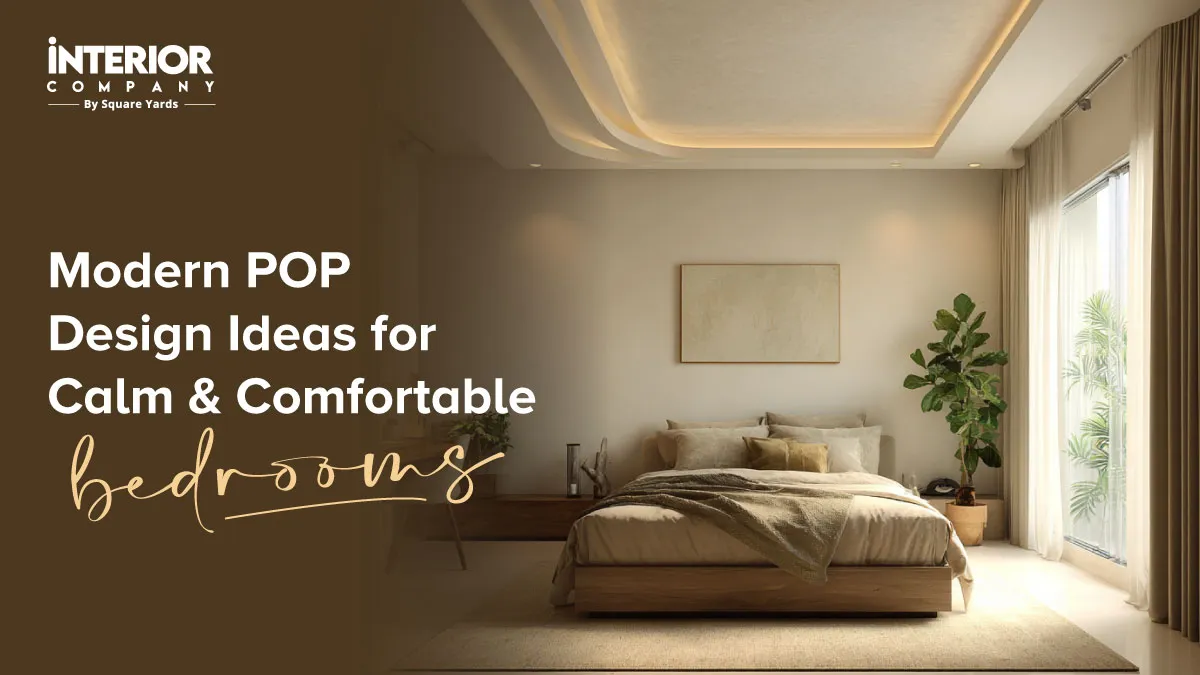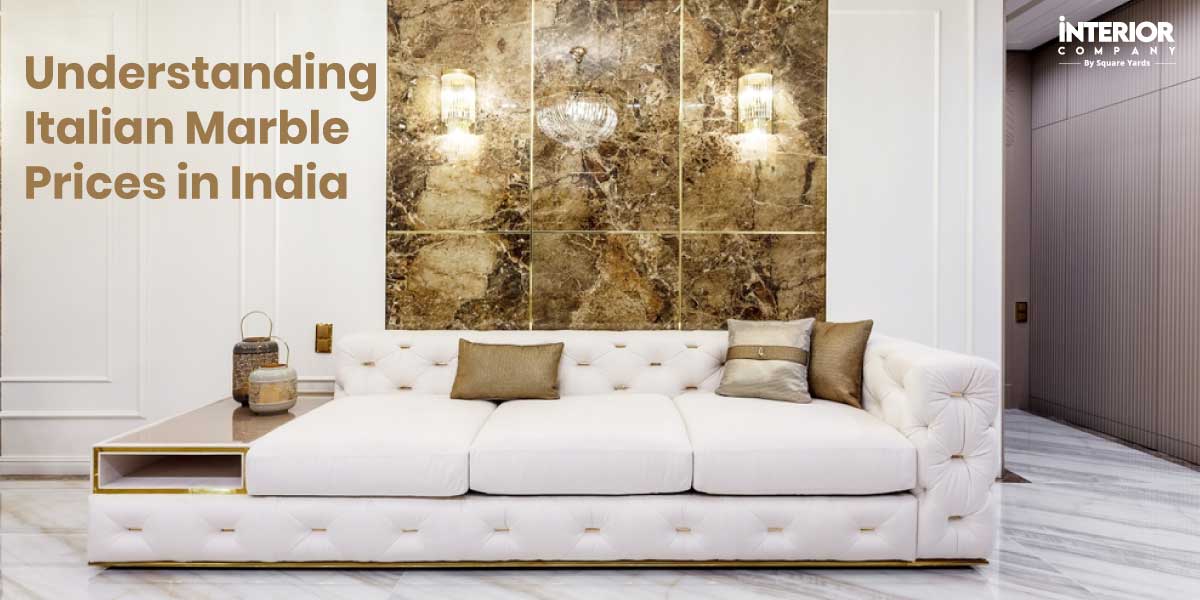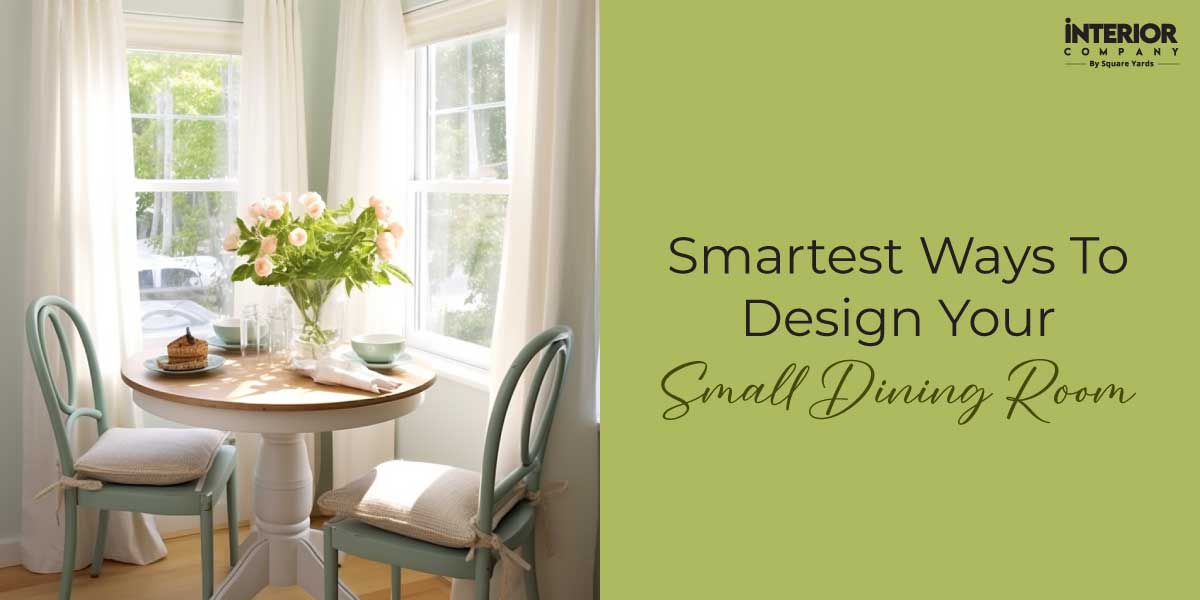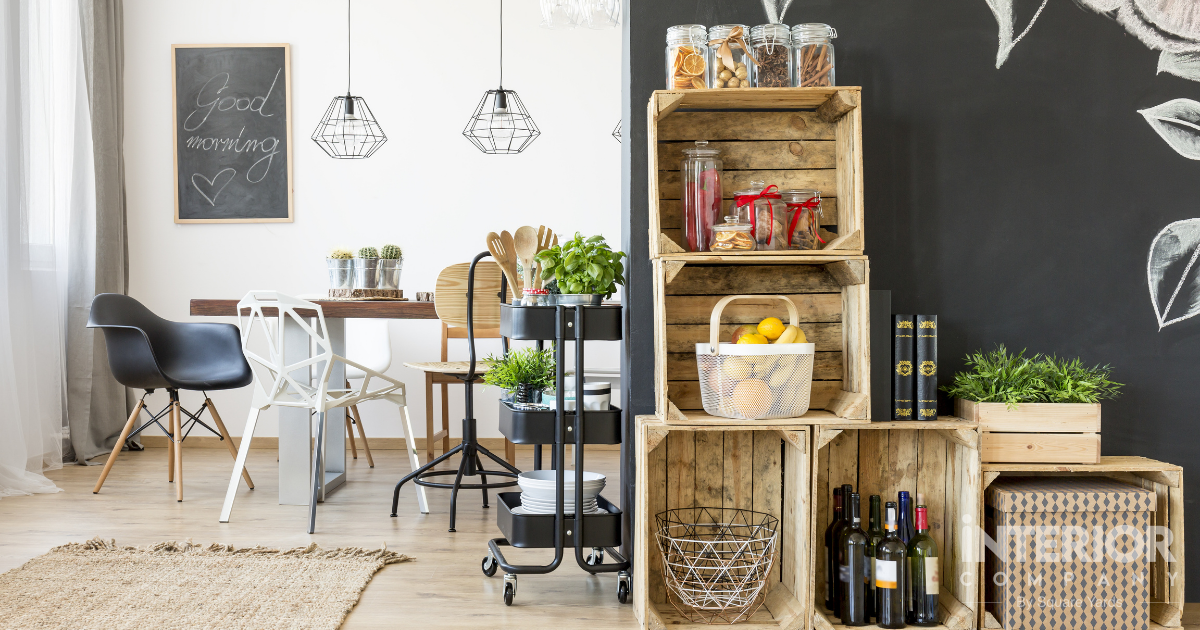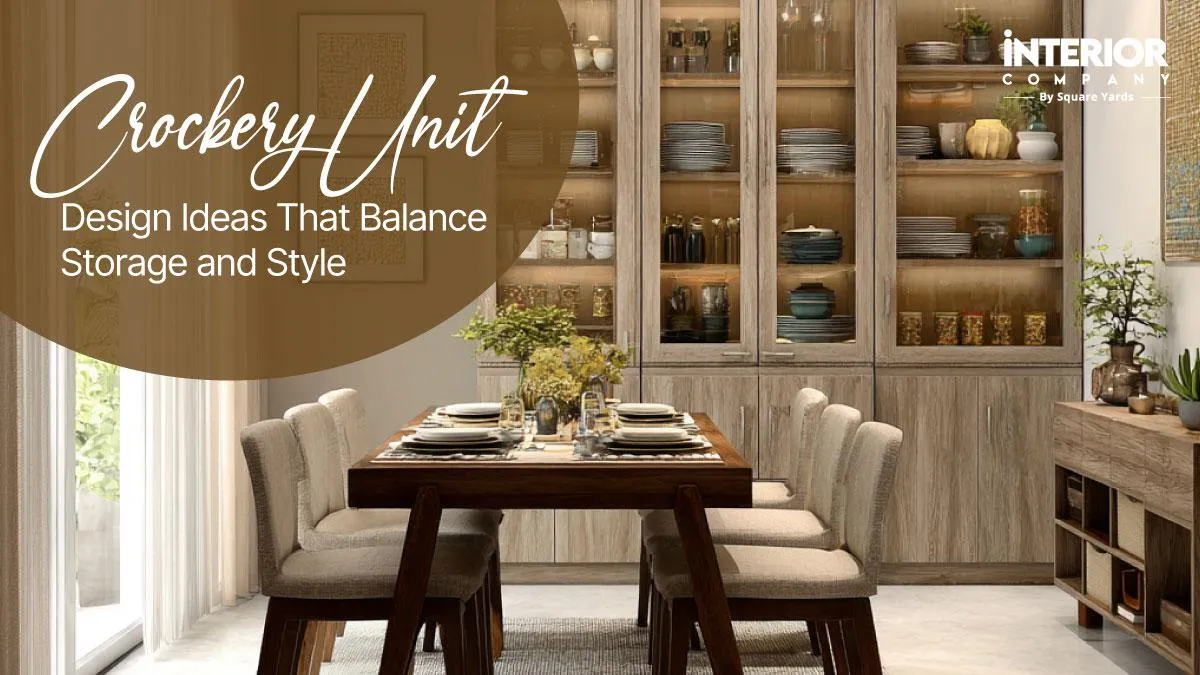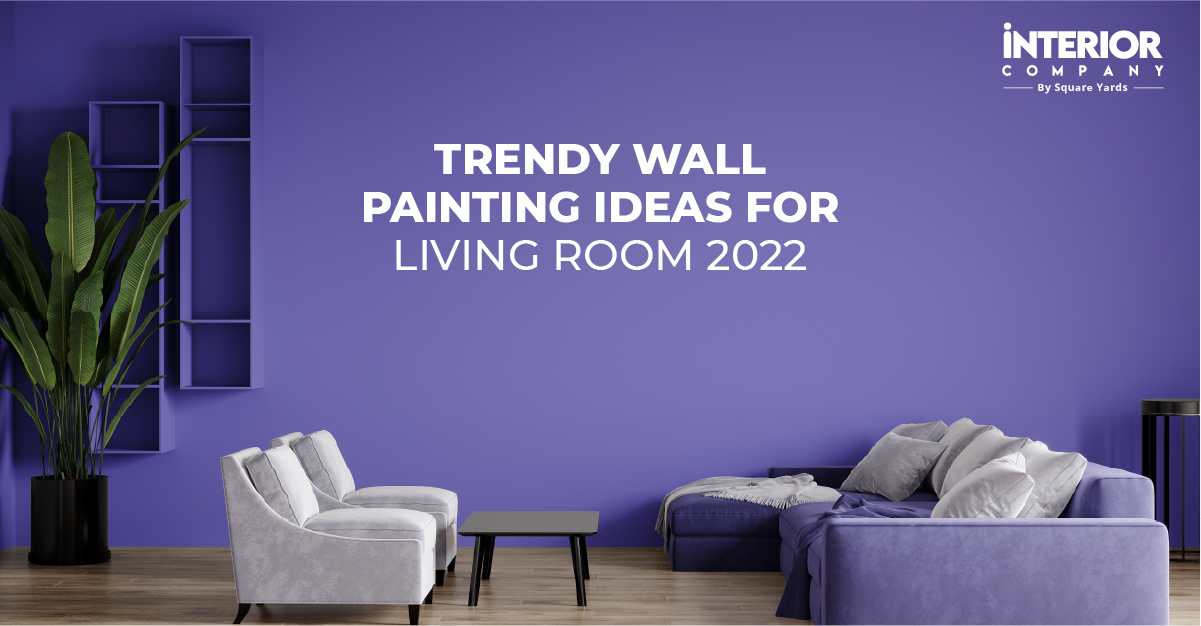- Design Ideas
- Cities
- Trends
- Guides
- Price Calculators
- Our PortfolioNEW
- More
- Home
- Trends
- Furniture And Decor
- False Ceilings
- False Ceiling Design Price
How Much Does False Ceiling Cost - Full Guide
False ceilings are architectural elements that enhance the aesthetic appeal of the living space. They originated in Japan during the Muromachi Period in the 14th century and have undergone a massive evolution across ages. Today, false ceilings have become an integral part of modern home construction, from being just an artistic aid to providing insulation, acoustics, soundproofing and casting illusion. Also known as “Fifth wall”, the false ceiling adds a unique level of visual interest to the surface.
Table of Content
Before choosing the ceiling design to incorporate into your home, you should have a brief idea about the false ceiling design price. Keep reading this blog to know about the costs of different types of false ceilings.
Calculation of False Ceiling Area Price per Sqft
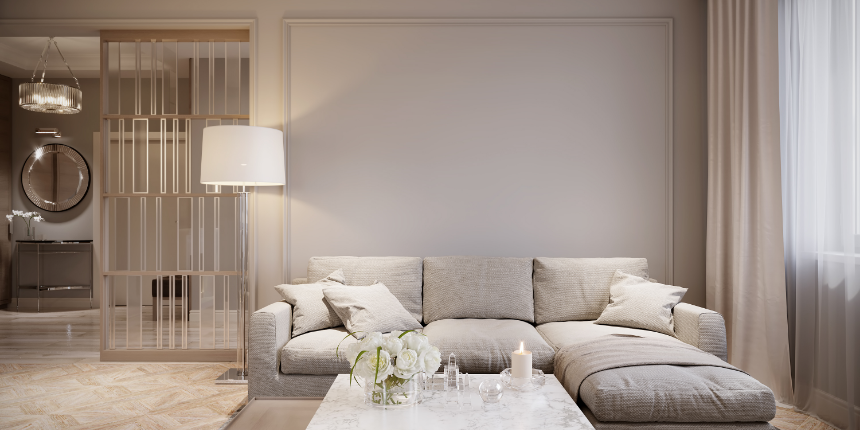
1. Before calculating the false ceiling price, it’s essential to measure the area of the room where it needs to be installed. If the bedroom is 14 feet long and 15 feet wide, then the total false ceiling area for the bedroom will be 14*15 – 210 sqft. Further, multiply the square footage by the false ceiling price per sqft.
2. Calculate the cove length based on running feet and accumulate the cost by unit price.
3. For accent elements, surface finishes, fittings, and lighting, add the additional cost per the design. This will help you determine the false ceiling cost per square foot.
Factors that Determine False Ceiling Cost
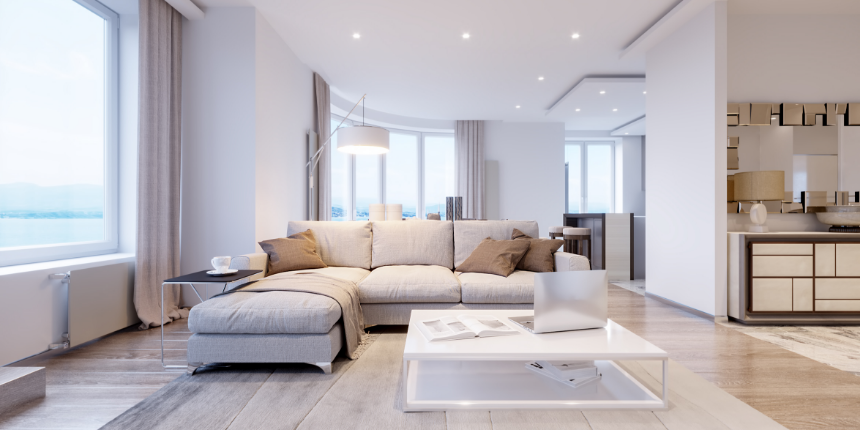
False ceiling design costs depend on numerous factors that can create an impact when carefully integrated into the home scheme.
Design– Pick the right ceiling design and texture for a functional and aesthetic space. The cost of a false ceiling correlates to the complexity of the design. The flat ceiling design is inexpensive compared to the intricate layered design that requires a lot of precision and labour.
Materials– From ready-to-install Gypsum boards to timeless wooden ceiling design and decorative POP ceilings, the false ceiling price per sq ft depends on the type of material you choose for your living space.
Quality– The standard of the materials you use implies the cost of the false ceiling design. High-quality products are expensive but durable and save the cost of maintenance.
Size and Availability– If you have an expansive space, the false ceiling cost per square feet reduces as the materials are bought in bulk to design the surface. In addition, the cost of transportation and logistics, lighting and fittings are also included in the total false ceiling price.
How Much Does False Ceiling Cost?
Keeping all the factors in mind, here's the approximate false ceiling price per sqft.
| False Ceiling Material | Cost |
| Gypsum False Ceiling | Rs 75'125 per square foot |
| POP False Ceiling | Rs 75'120 per square foot |
| Metal False Ceiling | Rs 90-150 per square foot |
* Prices mentioned above are indicative of market factors and subject to change.
POP False Ceiling Price
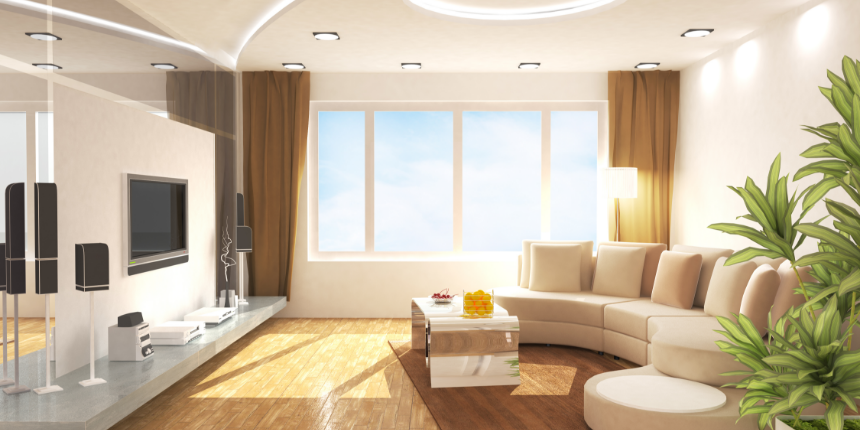
POP or Plaster of Paris is available in powdered form and is mixed with water to form a paste. An advantage of POP false ceiling, it can be moulded into any pattern or design per the requirement. However, creating a POP design is a tedious process, as it takes almost more than a month to set. The simple POP false ceiling price can range between Rs 75'120 per square foot. These ceilings are versatile and less expensive than gypsum boards and can add a mystic aura to the room. Moreover, for adding decorative mouldings, the pop false ceiling cost starts at Rs 45. Choose a false ceiling design that becomes the striking focal point in the room.
Gypsum False Ceiling Design Price
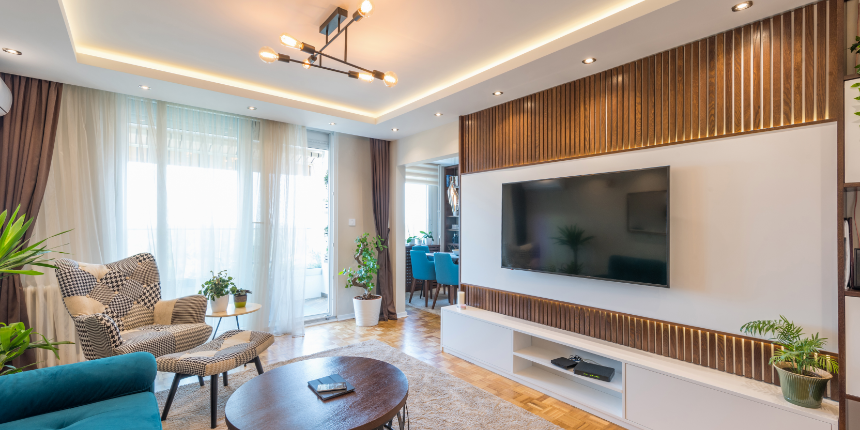
Gypsum boards are manufactured in a factory and come in a prefabricated form. These boards are lighter in weight, consistent, easy to install and provide a seamless finish. The gypsum false ceiling cost starts at '¹75 per square foot and can be carved into any design. Choose high-quality, rust-resistant metal frames for superior thermal insulation and durability. They are available in various designs and can be customised to suit your home and aesthetics. An elaborate ceiling design with drop-down lights can push the false ceiling cost up to '¹125 per square foot
Grid False Ceiling Cost
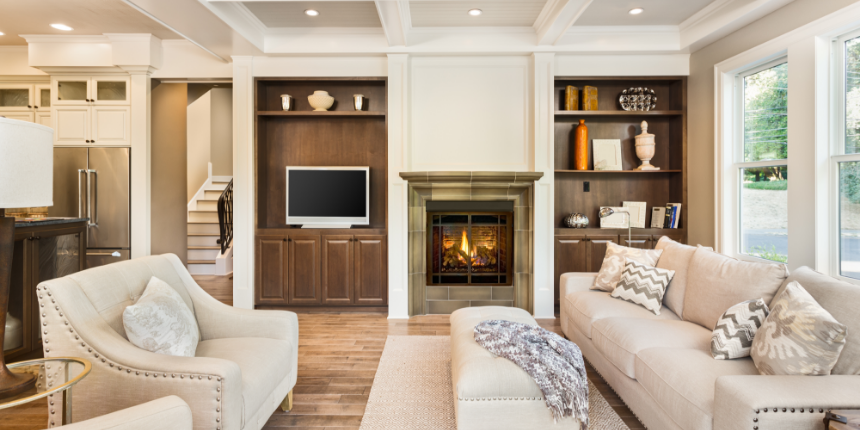
Grid false ceiling designs instantly draw attention and elevate a room with an elegant vibe. This classic design is formed of grid ceiling tiles in materials such as gypsum or metal. The standard false ceiling design size panels are 2X2 feet and are customised in smooth, textured or patterned finishes. The Grid false design price starts at Rs 75 per square foot, but it can vary depending on the pattern of the ceiling type. These sunken panels in the ceiling can be square, rectangle, or octagonal, adding architectural interest to the living space. The Metal false ceiling rate is Rs 90 per square foot, a bit more expensive than gypsum or POP ceilings.
Additional False Ceiling Design Cost
False ceiling designs not only enhance the aesthetics of your home but also assist in concealing electrical wiring and AC ducting. The additional expenses during the installation of the false ceiling design price are:
- The electrical wiring and AC piping boost the false ceiling price per sq. ft.
- Choose lighting fixtures like LED recessed lights that are cost-effective and energy-efficient to reduce the false ceiling design cost.
- The design details of the gypsum or POP ceiling for installing the concealed light fixtures splurge the false ceiling cost.
- The finishing touches with textured paint or wallpaper alleviate the false ceiling design cost.
- Layering the false ceiling design materials together enhances the living space but increases the additional cost.
Advantages and Disadvantages of False Ceilings
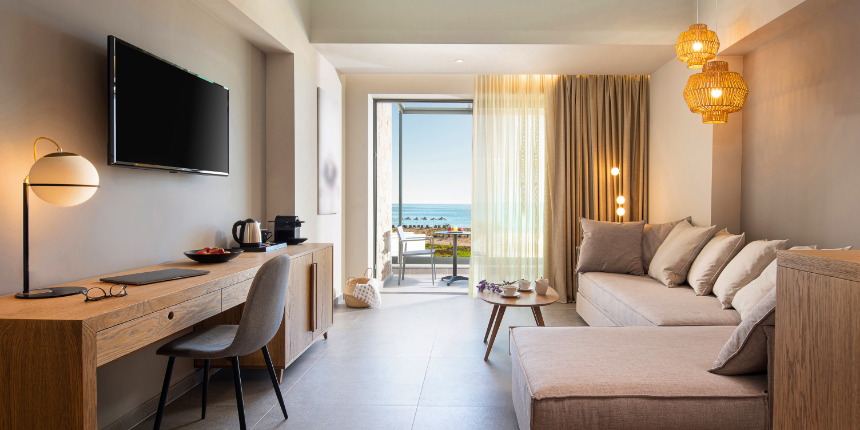
False ceiling designs blend aesthetics and functionality. However, like any other material, they come with advantages and disadvantages. Read below, before choosing the desired design for your home.
Advantages of False Ceilings
Appearance– False ceilings can create an illusion of higher or lower ceilings, depending on the style and the layout. They highlight any distinct elements of the room and give an alluring vibe to the space.
Thermal Insulation– The air-filled gap between the two layers of ceilings regulates the room temperature, thus reducing the cost of electricity bills.
Acoustics– False ceilings work as an acoustic barrier and absorb sound and noise. False ceilings installed in home theatres, living or gaming rooms give an enhanced experience.
Wiring– A false ceiling hides the plumbing pipes, AC ducting, and electrical wires while giving the false ceiling a flawless appearance.
Disadvantages of False Ceilings
Reduced Headroom – A false ceiling requires a large headroom to avoid the space crunch and clutter-free look.
Maintenance – Cleaning and repairing the false ceiling are required periodically to ensure that ceiling alignment is maintained.
Composition– Select the false ceiling design based on the location, a living room and washroom cannot have the same ceiling design as the bathrooms are prone to leakage and dampness. Further, each material has its own set of advantages and disadvantages, such as mineral fibre is delicate and stains easily, whereas gypsum and POP are durable.
Bottom Line
The false ceiling design per square foot depends on numerous factors like design, area, quality, availability, and additional cost. So, if you choose a complex ceiling design with high-quality materials, the false ceiling rate will increase. The suspended ceiling with statement designs will result in a higher false ceiling price. In addition, the cost of surface finishes, cuttings, electrical wiring, lighting fixtures, and decorative accents splurges the ceiling price. For more home decor ideas and planning advice, contact the experts at Interior Company, creating bespoke designs suiting your budget and lifestyle.
False Ceiling Design Ideas for You
- Theme
- Type
- Material
- Shape
- Striped Type False Ceiling
- Single Layered Type False Ceiling
- Stucco Type False Ceiling
- Plus Minus Type False Ceiling
- Peripheral Type False Ceiling
- Parallel Type False Ceiling
- Painted Type False Ceiling
- Multi Level Type False Ceiling
- Multi Layered Type False Ceiling
- Double Layered Type False Ceiling
- Coffered Type False Ceiling
- Central Drop Type False Ceiling
Ready for a home transformation?
Let our designers assist you!
Recent Posts
False ceiling designs come in a variety of materials, and based on the cost, availability, durability and maintenance aspects, POP or Gypsum false ceilings are the most popular choice among homeowners. They are lighter in weight, easy to install and provide a smooth, seamless finish to the surface.
Follow these simple steps to calculate the area of false ceiling rate per square foot:
1. Measure the total surface area of the room to be covered by a false ceiling and add the price unit to calculate the cost.
2. Measure the running feet (rft) length of the cove and multiply by the per rft unit pricing.
3. Add the decorative mouldings and finishing touches to the final false ceiling cost.
Various materials, such as wood, gypsum, plaster of Paris, and PVC, can be used to create false ceiling designs for drawing rooms. Gypsum board ceilings are the most popular choice for living room false ceilings as they are easy to install and maintain. They are less expensive and can be designed into any shape or pattern according to the homeowner’s choice.
Related Category
- Balcony
- Bedroom
- Dining Room
- Kitchen
- Living Room














